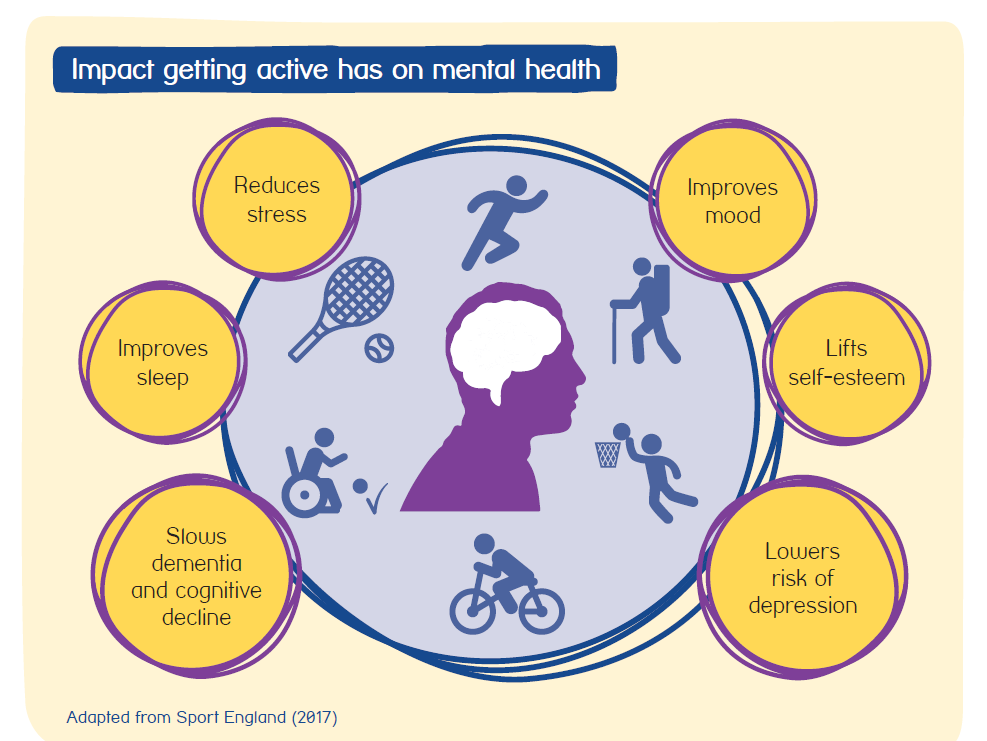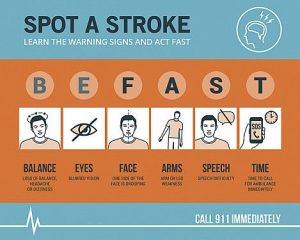
Leading a sedentary lifestyle can have detrimental effects on both physical and mental health. Regular exercise has been proven to not only improve physical health but also boost mental well-being. In this article, we will explore the various ways in which exercise can positively impact mental health.
Reduced Stress and Anxiety
Exercise is a natural stress reliever. When we engage in physical activity, our bodies release endorphins, which are known as “feel-good” hormones. These endorphins help to reduce feelings of stress and anxiety, promoting a sense of well-being and relaxation.
Additionally, exercise can serve as a distraction from negative thoughts and worries. Focusing on the physical movements involved in exercise can help to clear the mind and improve mood.
Improved Mood and Self-Esteem
Regular exercise has been linked to improved mood and self-esteem. Physical activity increases the production of serotonin, a neurotransmitter that plays a key role in regulating mood. This can lead to feelings of happiness and contentment.
Engaging in exercise can also lead to a sense of accomplishment and empowerment. Setting and achieving fitness goals can boost self-esteem and confidence, leading to a more positive self-image.
Enhanced Cognitive Function
Exercise has been shown to improve cognitive function and brain health. Physical activity increases blood flow to the brain, delivering much-needed oxygen and nutrients. This can help to improve focus, concentration, and memory.
Regular exercise has also been linked to the growth of new brain cells and improved brain connectivity. This can enhance cognitive abilities and protect against age-related decline in brain function.
Reduced Risk of Depression
Studies have shown that regular exercise can help to reduce the risk of depression. Regular physical activity has been found to be as effective as medication in treating mild to moderate depression.
Exercise helps to regulate neurotransmitters in the brain, such as serotonin and dopamine, which play a role in mood regulation. Engaging in regular physical activity can help to prevent and alleviate symptoms of depression.
Improved Sleep
Exercise has been linked to improved sleep quality. Physical activity can help to regulate the body’s internal clock, making it easier to fall asleep and stay asleep throughout the night.
Regular exercise can also help to reduce symptoms of insomnia and improve overall sleep quality. A good night’s sleep is essential for mental well-being, as it allows the brain to rest and recharge.
Conclusion
Exercise is not only beneficial for physical health but also plays a crucial role in improving mental well-being. By reducing stress and anxiety, improving mood and self-esteem, enhancing cognitive function, reducing the risk of depression, and improving sleep, exercise can have a profound impact on mental health.
It is important to incorporate regular physical activity into your routine to experience the mental health benefits of exercise. Whether it’s going for a jog, taking a yoga class, or hitting the gym, find an activity that you enjoy and make it a priority. Your mind will thank you for it.

